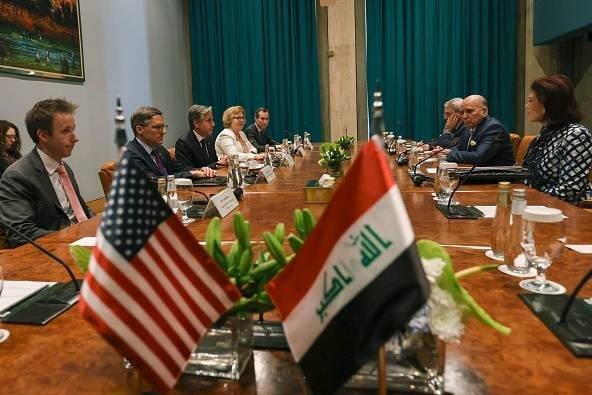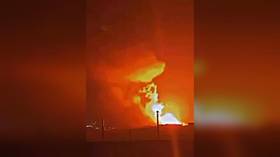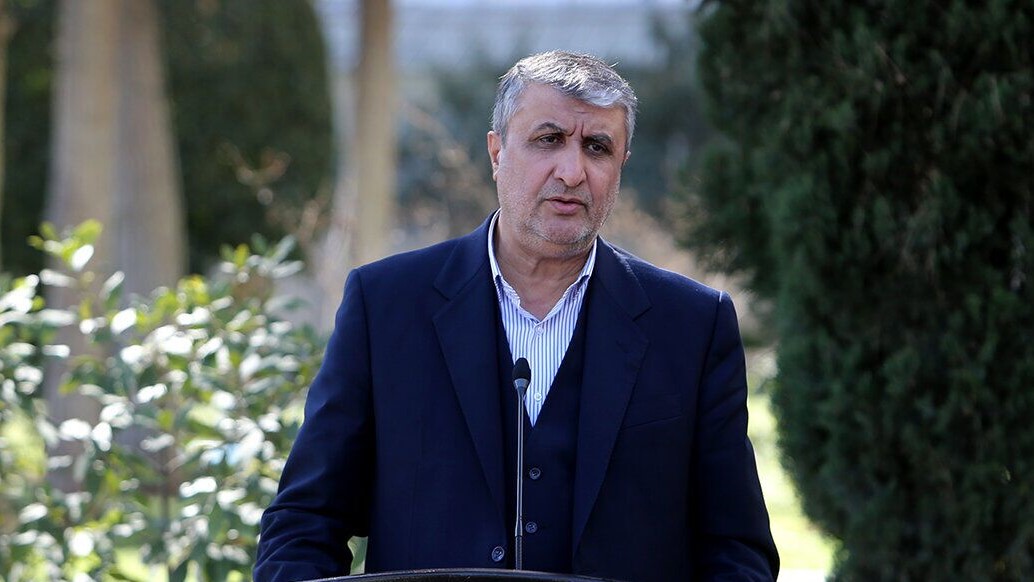NOVANEWS
The interim agreement on Iran’s nuclear industry announced on 24 November 2013 indicates a change in US tactics towards Iran and the Middle East. If the Iranian government believes that by making concessions to the P5 plus one (the five permanent members of the UN Security Council plus Germany), imperialism will accept an independent Iran, this would be a mistake. The US, Britain and France will continue to try to force Iran into becoming a client state that accepts US hegemony in the Middle East.
When the US threatened to bomb Syria in August this was also a threat to attack Iran. With its decision not to overtly attack Syria and to accept the Russian plan to decommission Syria’s chemical weapons and production facilities, the US showed that it does not intend to fight another war in the Middle East – not at the moment anyway. US failures in Iraq and Afghanistan, the costs of the wars, public disapproval of another war and divisions in the US and European ruling classes have produced a change in US tactics.
Secret meetings between senior US and Iranian officials began in March 2013 – formal diplomatic relations between the two countries had ended with the 1979 revolution. The outlines of a deal on Iran’s nuclear energy were presented in early November, but France objected to the exclusion from the proposed agreement of Iran’s planned construction of a heavy water reactor at Arak. A heavy water reactor was used by North Korea to manufacture its nuclear bomb. The interim agreement is for six months. Iran has agreed to suspend construction of the Arak plant, to keep uranium enrichment to 5% or below, to neutralise or dilute uranium enriched up to 20% (enrichment up to 90% is required for a nuclear weapon), to freeze enrichment capacity and to accept intrusive inspection. In return Iran will get access to $3.5bn of its assets frozen in international bank accounts and be able to trade in petrochemicals, gold, other precious metals and aircraft parts. The agreement is reckoned to be worth $7bn to Iran. Iranian officials said that the agreement recognised Iran’s right to enrich uranium, but US Secretary of State John Kerry insists that it does not.
The imperialists believe sanctions have worked by forcing Iran to make concessions and that they can be used to extract more from the Iranian state. European Union and US sanctions on Iranian oil and gas exports remain. Iran seeks tens of billions of its dollars frozen in foreign banks and to increase energy exports.
Sanctions have begun to harm the Iranian economy. Before sanctions were imposed, Iran exported 2.5m barrels of oil per day, exports are now 800,000 barrels per day. Iran’s GDP has shrunk by 5.4%, the Iranian rial has halved in exchange rate against the US dollar, inflation is officially over 40% but could be twice this rate. 40% of Iranians live below the poverty line and youth unemployment, in a country where a third of its 75 million people are under 30, is officially 28.3%. Malnutrition is growing, there are shortages of medicines and factories have closed. The budget deficit has risen to $28bn with declining revenues, and public sector wages could go unpaid.
Given this economic and social crisis, sections of the Iranian ruling class are seeking to compromise with imperialism; others will seek an alliance with it. Iran has the world’s fourth largest oil reserves and largest gas reserves. The government will use access to its oil and gas to bargain the sanctions away. Before the interim agreement, an advisor to the oil minister said that US and European firms would be invited to invest in Iran. He explained Iran is seeking $100bn investment in three years, with details to be revealed in London in March 2014. After the agreement the oil minister said he had met with representatives of European oil companies and ‘indirectly’ with US companies with a view to inviting them back to Iran. Among the European companies approached will be Shell, Total, Eni and Statoil. Any US or European investment in Iran would require sanctions to be removed.
US investment in Iran would ensure that Iranian oil was priced in dollars and European investment would reduce its dependence on imports from Russia (see FRFI 235, October/November 2013). Iran needs advanced technology to increase its potential exports and reserves.
The Israeli and Saudi Arabian governments, dismayed that the US did not bomb Syria, are furious with the agreement and view it as a challenge to their strategic position for imperialism in the Middle East. Saudi Arabia presents itself as the guardian of Sunni interests against Shia-led Iran. Israeli Prime Minister Netanyahu described the agreement as a ‘historic mistake’. However, for Israel, Saudi Arabia and the other Sunni-led Gulf Cooperation Countries there is no other effective guarantor of their security and status than US military might.
Israel will not attack Iran without US backing. However, there will be more covert attacks on Iran, such as the bombing of the Iranian embassy in Beirut on 19 November, which killed over 20 people, and more encouragement of sectarian strife between Sunni and Shia Muslims.
Trevor Rayne
Fight Racism! Fight Imperialism!



